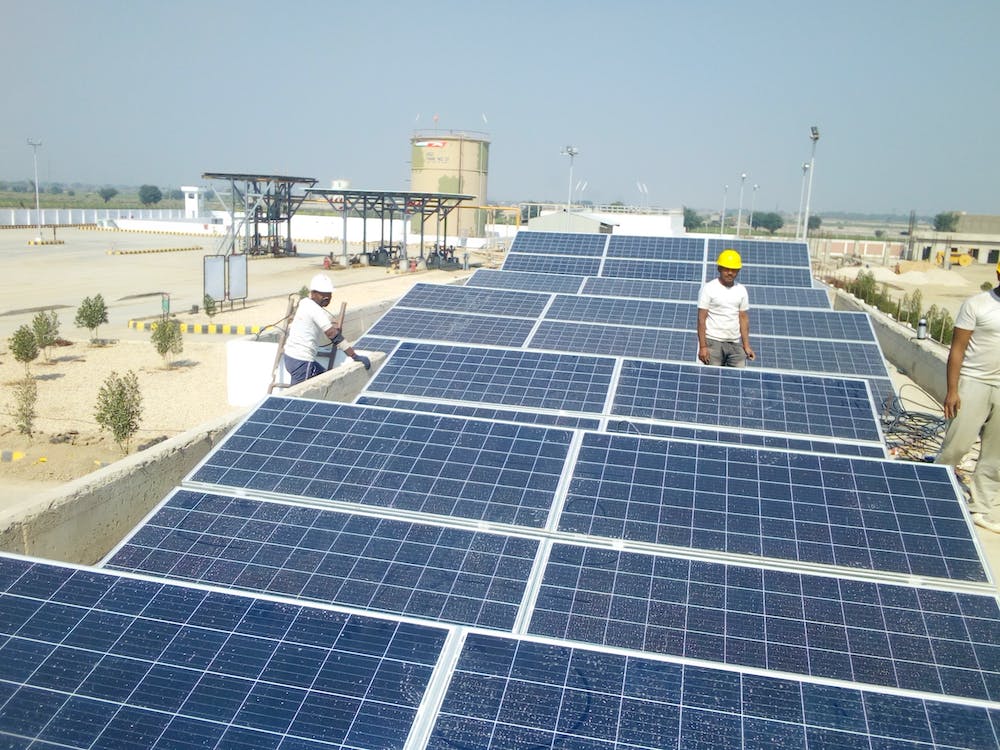Virginia’s Renewable Energy Projects Bolstered by USDA Grants
Richmond, the capital of the Commonwealth of Virginia, was the source of two significant announcements regarding grant funding from the United States Department of Agriculture (USDA). These grants, awarded to local agricultural producers, are part of two distinct programs. The first program continues the Biden administration’s commitment to investing in renewable energy for rural America, while the second program aims to broaden the market for products grown in Virginia.
Under the Rural Energy For America Program (REAP), the USDA has increasingly funded renewable energy projects for farmers nationwide, especially following President Joe Biden’s enactment of the Inflation Reduction Act and subsequent changes in the USDA’s Rural Development sector. This year, Virginia’s agriculture sector has benefited substantially from these grants. Notably, an organic chicken farm in Rockingham County received funding to install solar panels, significantly reducing the energy consumption of its poultry houses.
The most recent round of REAP grant awards brought $2.3 million to Virginia. This funding will support the installation of eight photovoltaic systems and five grain dryers across several locations, including the city of Williamsburg and the counties of Accomack, Augusta, Culpeper, Gloucester, Powhatan, Rockingham, Southampton, and Tazewell.
One notable recipient of these grants is Lone Oak Poultry LLC, located in Augusta County. The company plans to use its grant to install a 48-kilowatt roof system. This system is expected to offset 101 percent of the annual energy consumption for two poultry houses on their 30-acre property, marking a significant step towards energy self-sufficiency. While details on the specific project in Rockingham County were not disclosed at this time, it is another example of how these grants are facilitating sustainable practices in Virginia’s agricultural sector.
These initiatives reflect a growing trend towards renewable energy solutions in agriculture, aligning with broader environmental goals while also supporting the economic viability of local farms. The USDA’s investment in Virginia through these programs not only aids in reducing the carbon footprint of agricultural operations but also helps farmers and producers to modernize their facilities, thereby enhancing their competitiveness in the market. As these projects come to fruition, they are expected to serve as models for sustainable agricultural practices, both within Virginia and beyond.






